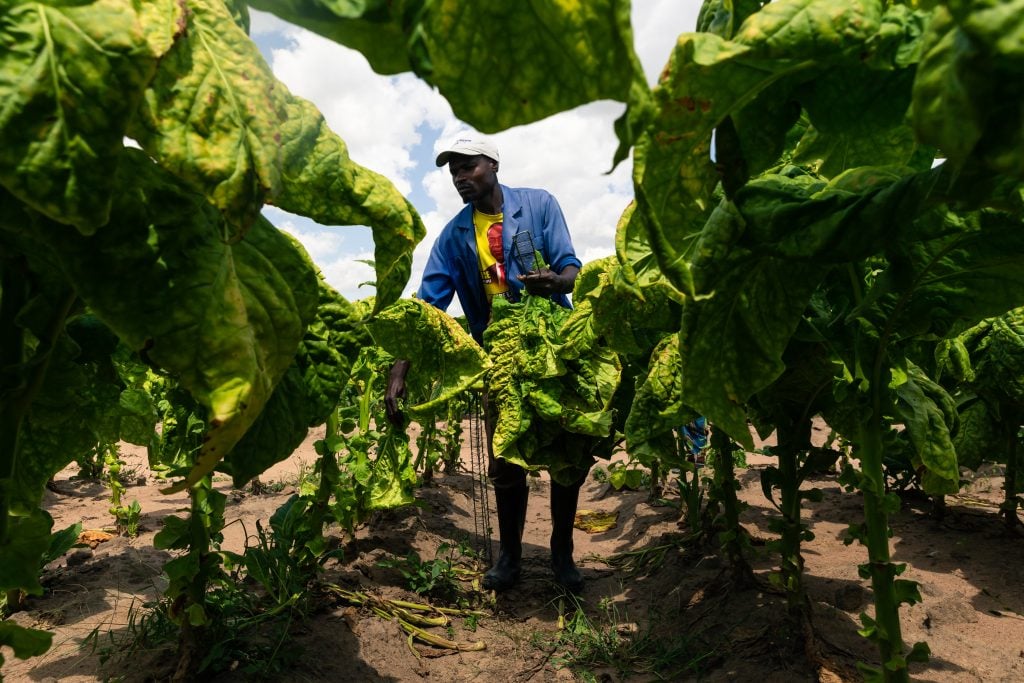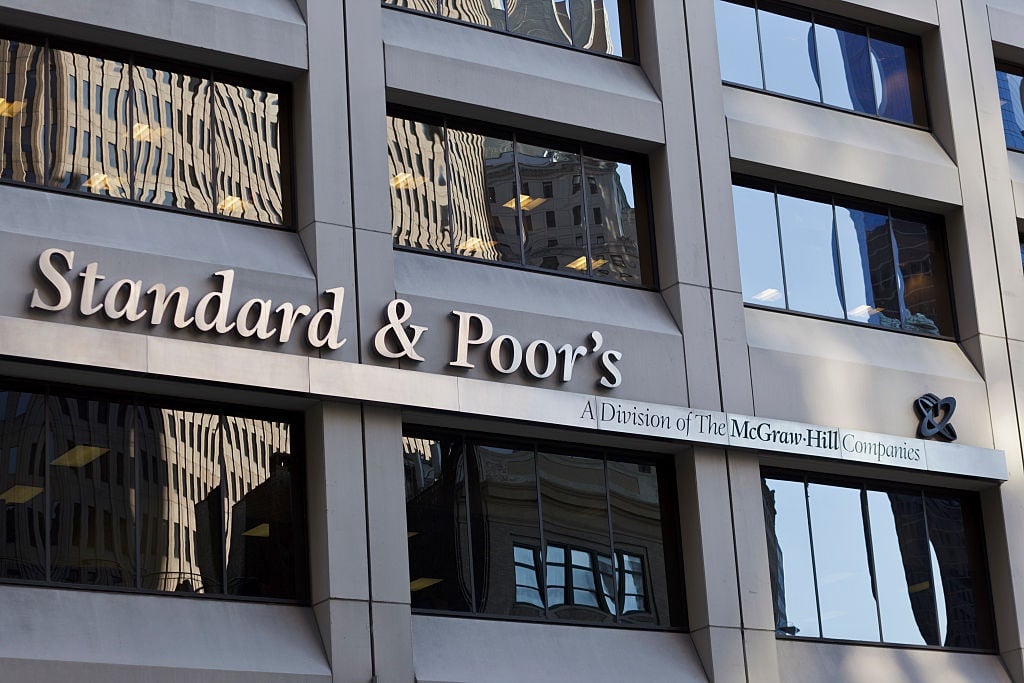
Immediate measures are required to protect consumers against shortages and price increases, says AMIE.
The Association of Meat Importers and Exporters is calling on government to act fast about the chicken shortage due to bird flu and roll out emergency measures to mitigate the inevitable price increases due to recent outbreaks of Highly Pathogenic Avian Influenza HPAI (bird flu) in the country.
Minister of Trade, Industry and Competition, Ebrahim Patel, gave the industry and other stakeholders just two weeks to make submissions after he issued a directive on 2 October to create a temporary rebate on imported chicken products, Paul Matthew, CEO of the Association of Meat Importers and Exporters (AMIE), says.
“This unusually short timeline was based on the understanding that the South African poultry market faces the largest ever HPAI outbreak and that urgent measures are required to protect consumers against shortages and price increases.”
AMIE recommended in its submission a reduction in import duties for 12 months on frozen bone-in chicken from 62% to 37%, boneless chicken from 42% to 12% and to zero-rate chicken offal (carcasses, feet, heads and liver), which are the chicken products most consumed by low-income households and consumers.
However, AMIE is concerned that this urgent process has already been delayed by parties opposing the rebate who have asked for an extension to provide their submissions, while the sense of urgency is also not evident on the ground within the relevant government departments responsible for fast-tracking poultry import permits.
ALSO READ: Chicken shortage to get worse from next month, could last for 12-18 months
Government must act like we are in a crisis
“The sooner we start behaving like we are in a crisis, the sooner we can tackle the crisis but we do not see that urgency yet. We need an immediate and collective emergency response. It is clear that the minister was concerned enough about the impact of HPAI on food security to consider an import duty rebate on an expedited basis,” Matthew says.
“It simply cannot be business as usual. All administrative measures related to permitting, customs and port clearance also need to be fast tracked in order to get product into the market quickly and responsibly. This is in the best interest of consumers.”
According to the South African Poultry Association (SAPA) 5 million birds have been culled so far this year, representing 20% of the country’s commercial layer flock, while 30% (2.5 million) of the national broiler breeder population were culled. These are the parent birds that produce the genetic stock for the overall chicken population.
Matthew says that while the local poultry industry initiated measures to tackle the shortages, such as importing more than 50 million hatching eggs over the next 6 months, the reality is that there is a shortage now, which will persist for some time to come.
“It takes 21 days to incubate an egg and between 33 and 35 days to grow chickens to a size where they are ready for the market. To fully restore the parent stock of chickens in the country will take between 12 to 18 months, even when HPAI is under control.”
ALSO READ: South Africans struggle as household food basket costs surge by R141.82 in one month
Sharp increases in prices already evident due to chicken shortage
Industry wholesalers have already seen a sharp increase in prices since the onset of the HPAI outbreaks. Some wholesalers have seen the price of whole birds and chicken hearts increase by 20%, chicken necks by 17% and chicken carcasses and bones by 25%.
Matthew says this is especially concerning as these products are a more affordable source of protein for low-income households.
“All the measures the local poultry industry is taking to tackle stock shortages are welcome, but they will unfortunately add to the price that consumers pay for chicken products. We estimate this will increase the cost of chicken products by between R3 and R4 per kilogram. This is why a temporary, controlled relaxation of import duties is necessary, as it will cushion consumers against rising costs while helping the local industry to recover.”
Matthews says the domestic industry’s survival is not currently threatened and a rebate will not drive out domestic producers but rather help to keep supply stable and help to offset the negative impact of the domestic chicken supply shortage on poor households that are increasingly vulnerable to food insecurity.
“It is important to remember that any increase in chicken prices due to the shortages also affects overall food inflation and the cost of the national food basket. As it is, the country has been battling to control inflation with a succession of interest rate increases putting households under ever greater pressure. It now looks like the country is facing another interest rate hike next month. We need to do everything we can to keep supplies up and prices down.”






Recent Comments